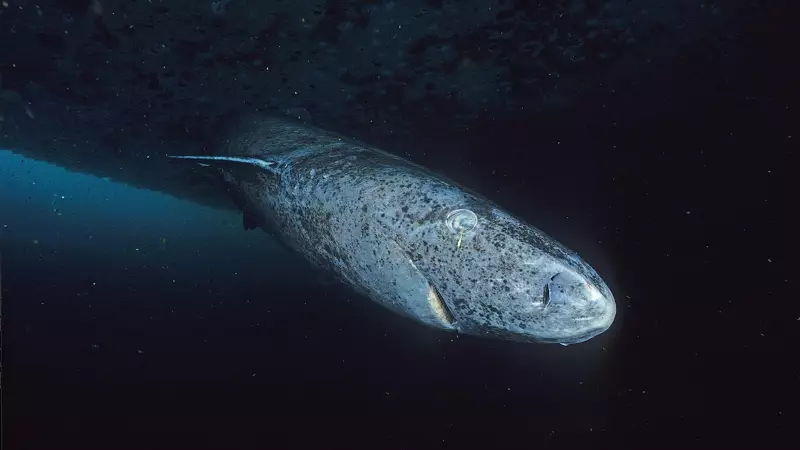
While humans celebrate reaching a century, the animal kingdom hosts creatures that make our lifespan seem like a mere blink in time. Nature has blessed certain species with almost mythical longevity, turning them into living legends of the biological world.
The Ocean's Ancient Giants
Deep beneath the waves, life exists in timelines that dwarf human existence. The Greenland shark, a mysterious denizen of Arctic waters, holds the title of the longest-living vertebrate on Earth. These slow-moving predators don't even reach sexual maturity until they're about 150 years old, with some individuals estimated to be over 500 years old!
Equally impressive are the ocean quahogs – unassuming clams that document centuries in their growth rings. Scientists discovered one specimen named Ming that lived to be 507 years old, meaning it was born during the Ming Dynasty in China.
Reptilian Royalty of Longevity
On land, reptiles demonstrate equally remarkable staying power. The majestic Aldabra giant tortoise can easily surpass 150 years, with the famous Adwaita tortoise reportedly living to 255 years. These gentle giants move through life at their own pace, embodying the saying "slow and steady wins the race" in the most literal sense.
Masters of Biological Immortality
Some creatures challenge our very definition of aging. The tiny hydra, a freshwater polyp, shows no signs of biological aging and can theoretically live forever under ideal conditions. Similarly, the Turritopsis dohrnii jellyfish, often called the "immortal jellyfish," can revert to its juvenile polyp stage after reaching maturity, essentially resetting its biological clock.
Avian Centenarians
The animal kingdom's longevity isn't limited to sea creatures and reptiles. The colourful macaw can live up to 80-100 years in captivity, often outliving their human companions. These intelligent birds form lifelong bonds and maintain their vibrant personalities throughout their extended lives.
Scientists study these long-lived species to understand the secrets behind their extended lifespans, hoping to unlock biological mysteries that could inform human medicine and aging research. From slow metabolism to exceptional DNA repair mechanisms, each species offers unique insights into the art of living long.






